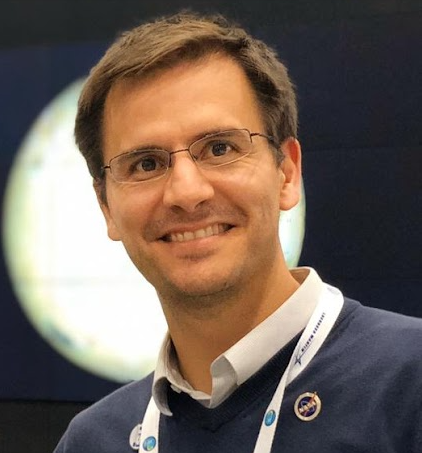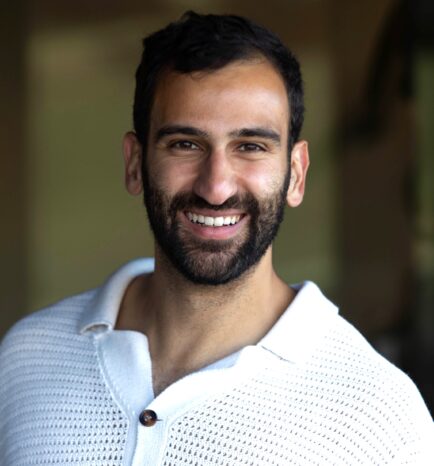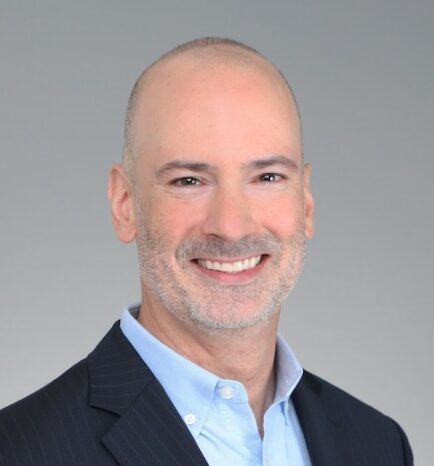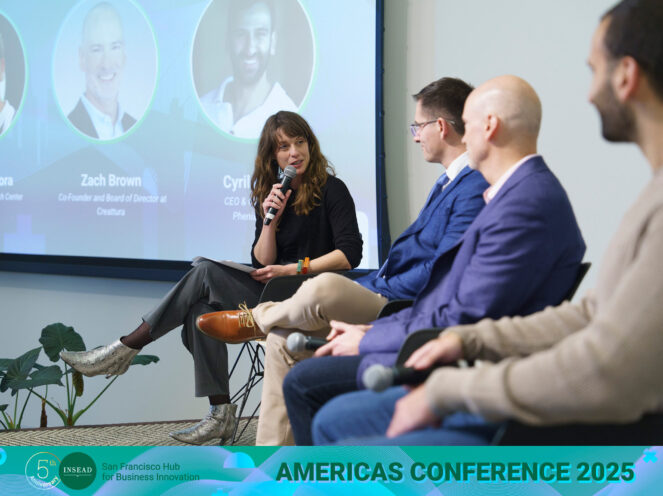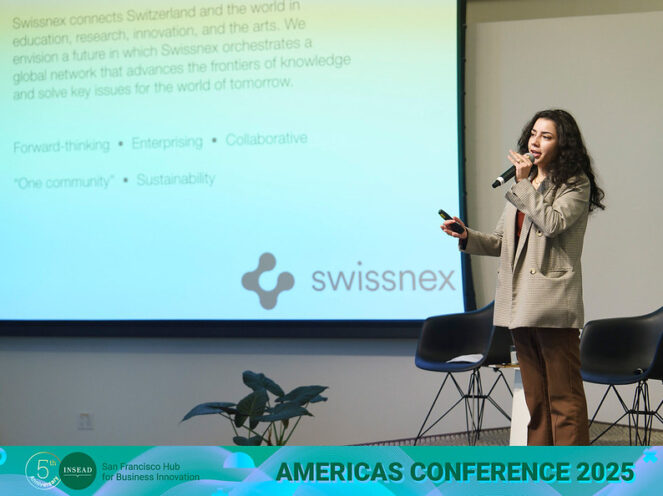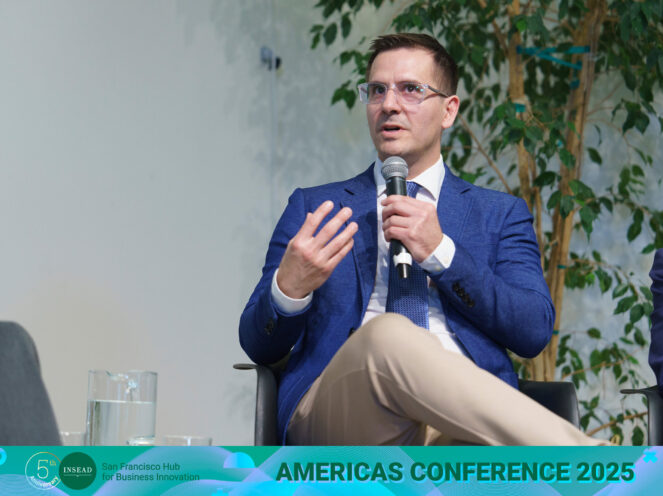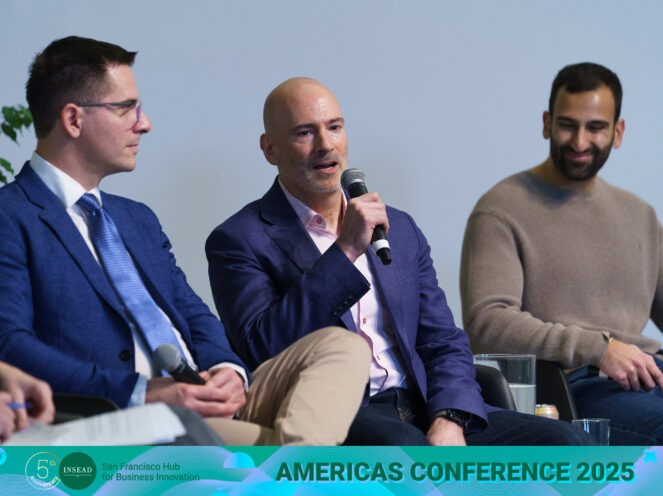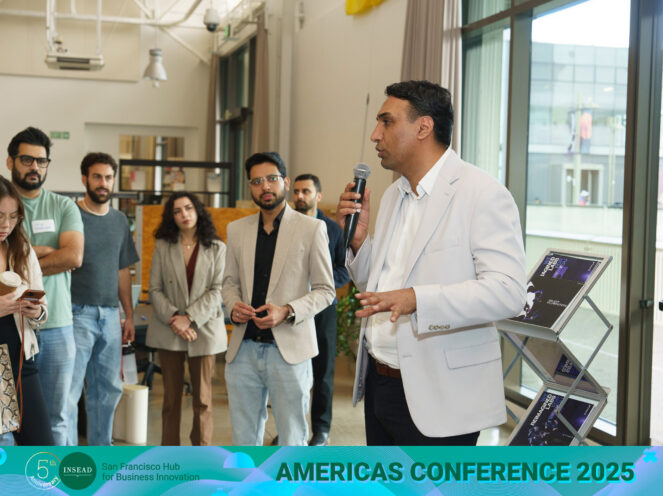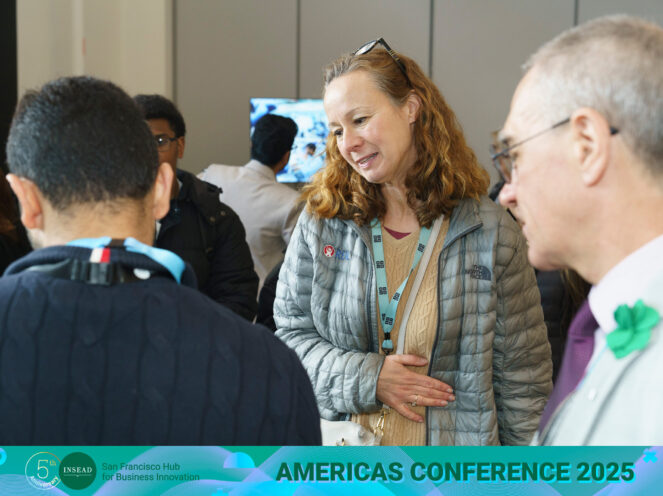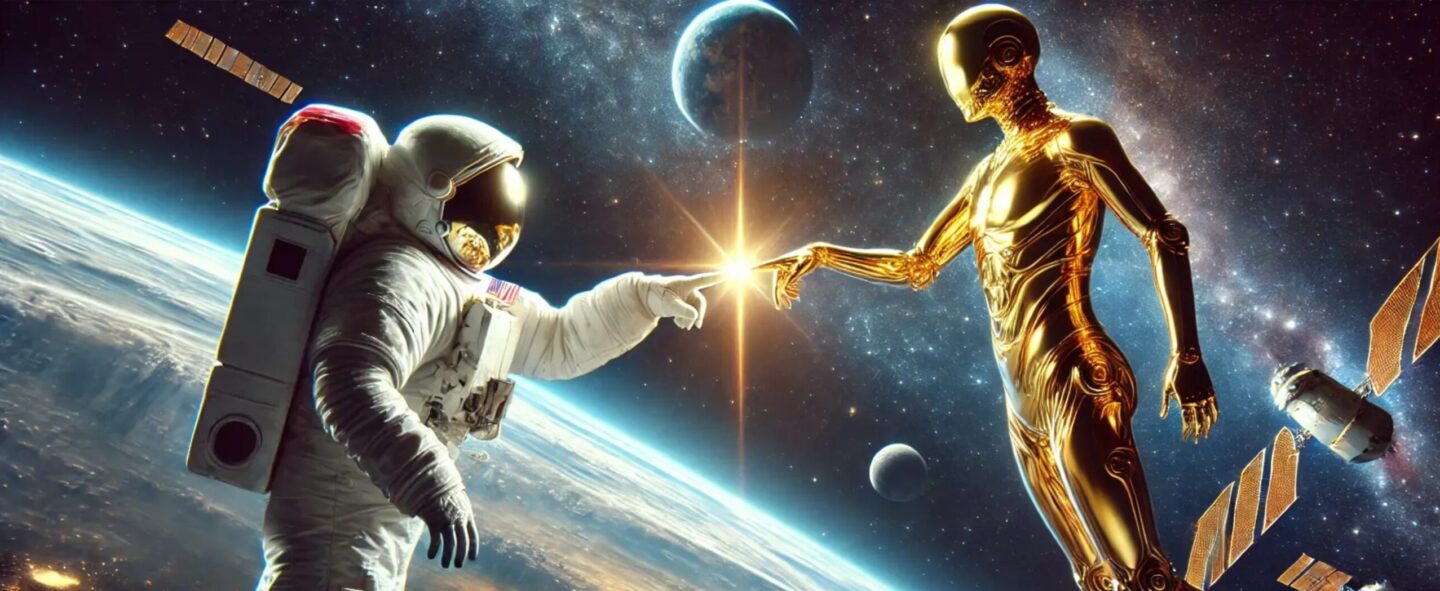
Join us
February 7, 2025: Examine a future where robots are not just tools but vital partners, transforming humanity’s journey into space, during an event that is part of the official INSEAD Americas Conference.
From performing precision tasks to navigating hazardous environments, robots are enabling missions once thought impossible. Yet, as their role evolves, so does the way we think about teamwork, trust, and control in high-stakes exploration. Are we entering an era where humans and robots become co-creators of success in space?
As we look to the horizon, new questions arise:
– How do robots complement human astronauts to achieve what neither could do alone?
– What are the technological and human limits we need to overcome to make robots reliable partners in space?
This event brings together a space expert, a venture capitalist, and a robotics expert to discuss the challenges and opportunities driving the next chapter of space robotics. Through their unique lenses, we’ll explore the breakthroughs making robots smarter, the investments fueling innovation, and the evolving role of human ingenuity in this technological partnership.
Just as Midas’ touch turned everything into gold, robotics has the power to transform space exploration—expanding our reach, increasing our capabilities, and reshaping the way we imagine the future. The question now is not if robots will journey with us but how far we’ll go together.
This event is brought to you by INSEAD and Swissnex in San Francisco, and is part of the official INSEAD Americas Conference. For information on other parts of the program or to register, please visit the INSEAD Americas Conference registration website.
This event is an invite-only event. Please contact Matteo Cariglia if you have any questions.
Speakers
-
![]()
Bio
Andres Mora Vargas
Astrobee Facilities Engineering Lead at NASA AmesDr. Andres Mora Vargas is the NASA Ames Research Center’s Astrobee Facilities Engineering Lead and the NSS Instrument Lead Systems Engineer.
Dr. Mora Vargas builds maps of the International Space Station (ISS) to enable the autonomous navigation of the Astrobee free-flying robots inside various modules of the ISS and has developed software tools that evaluate the coverage quality of these maps. He has also worked on Astrobee’s software development, hardware verification and is the point of contact for multiple Astrobee Guest Scientists such as JAXA, ESA, and MIT.
Additionally, Dr. Mora Vargas works as the Neutron Spectrometer System (NSS) Instrument Lead Systems Engineer designing, prototyping, manufacturing, and deploying an interface to allow the NSS instrument to be used on a Lunar prospecting robotic mobility mission.
-
![]()
Bio
Cyril Nader
CEO and Co-Founder of Phenix SpaceCyril Nader is a space robotics entrepreneur and engineer with a decade of experience at the forefront of embodied AI, robotic, and autonomous systems. With an aerospace engineering background from UCLA, his research spanned electric and chemical propulsion, AI-driven robotics, and space at UCLA, NASA-JPL, and Caltech. As one of the first engineers and key engineering leaders at Dexterity Robotics, Cyril played a pivotal role in driving the company from the seed stage to unicorn status, leading the development of cutting-edge robotic products.
Now, he is pioneering breakthrough technologies for in-orbit mission extension and satellite upgrades, shaping the future of autonomous space servicing and redefining how we sustain and enhance assets in orbit.
-
![]()
Bio
Zachary Brown
CTO and Co-Founder of CreatturaZachary Brown is the Co-Founder and CTO of Creattura, a Tokyo-based climate tech startup.
At Creattura, Zach leads the development of Lynx, a patented system designed to monitor sustainable rice farming. Lynx makes use of optical and radar satellite imagery, ground truth data from IoT digital water sensors, and AI, in order to estimate avoided greenhouse gas emissions, as farmers adopt more sustainable practices.
Zach holds a bachelor’s degree in Asian Studies from the University of California, Berkeley, and an Executive MBA from INSEAD (Singapore cohort). He splits his time between Tokyo, Japan, and Lusaka, Zambia.
Program
- 1:00pm – Doors Open
- 1:15pm – Robotics demo by CynLr
- 1:20pm – Welcome words and introduction of speakers
- 1:30pm – Panel discussion
- 2:10pm – Q&A
- 2:30pm – Event ends
iCal / Outlook
Event start time
-
San Francisco
1:00PM
Impressions
-
![]()
-
![]()
-
![]()
-
![]()
-
![]()
-
![]()
